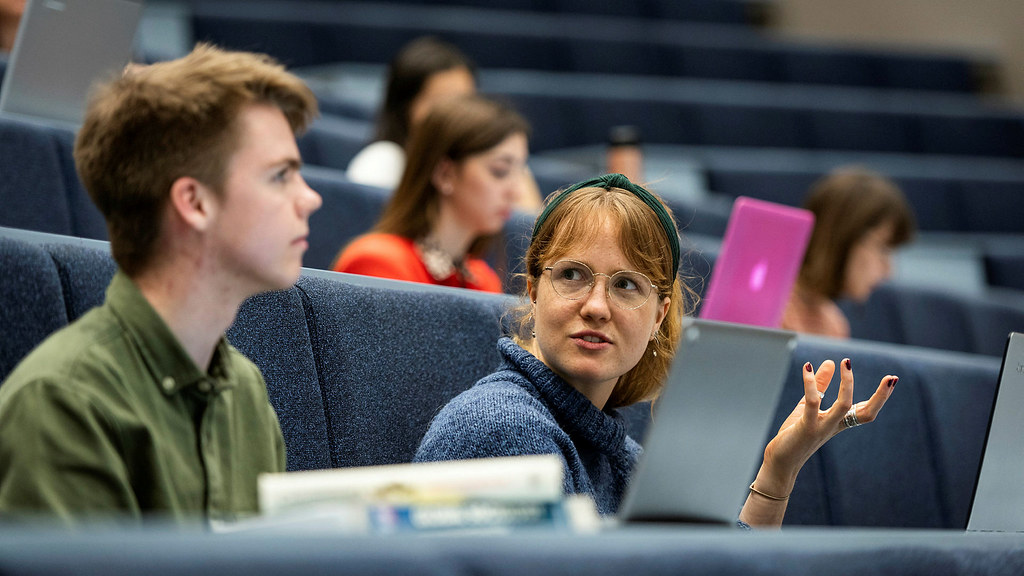Over the next five years, we will become more agile in our response to the rapidly changing local, national and global environment, consolidating our strengths and advancing our activities in scale and impact.
Building on our distinctive, nationally-leading position in the higher education sector, we will seek to advance our impact by:
- growing our reputation for University education through internationally leading courses which are rigorous, relevant, and pioneering and which attract highly achieving students from diverse backgrounds, enhanced by high-value placement and extracurricular opportunities to help students to take their ideas and passions to the next level
- growing our research strength to drive research quality, achievement, and impact at international levels
- growing our identity as a strong learning community in which collective endeavour and a culture of care enable the flourishing of all
- growing our strategic civic, corporate, and international partnerships to allow us to fulfil our ambitious vision in education, research and enterprise
Thereby we will seek to enhance our global position within the top world-leading institutions. We will do this in ways which respect and support our community, our values, and our environment.
The Strategy expresses our ambitions across four key pillars:
- Fostering an outstanding and inclusive community
- Driving excellence in education
- Driving high impact research
- Enhancing strategic partnerships
In developing the University Strategy, we are taking into account the economic, political, societal and technological context and the uncertainties that we will continue to navigate. These include the impacts of the global pandemic and recovery in a post-Covid era, the changing relationship between the UK and the EU and evolving global trade and industry relationships, a transforming digital landscape, and the need to respond to the imperatives of sustainability, diversity and inclusion. For Higher Education institutions, both the global and national landscape is rapidly changing, due in part to increased international competition and complexity, evolving policies in the UK, and pressures on university finances. The recent past has underlined the need for increased agility.

